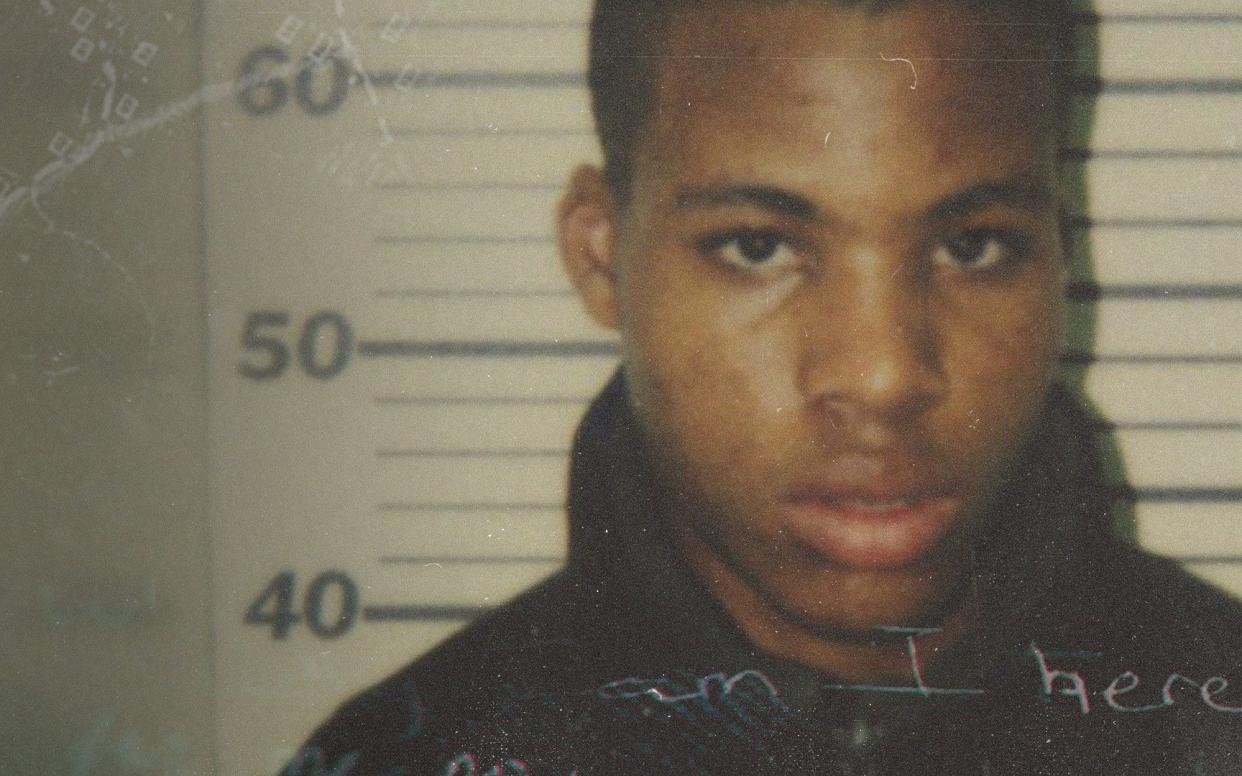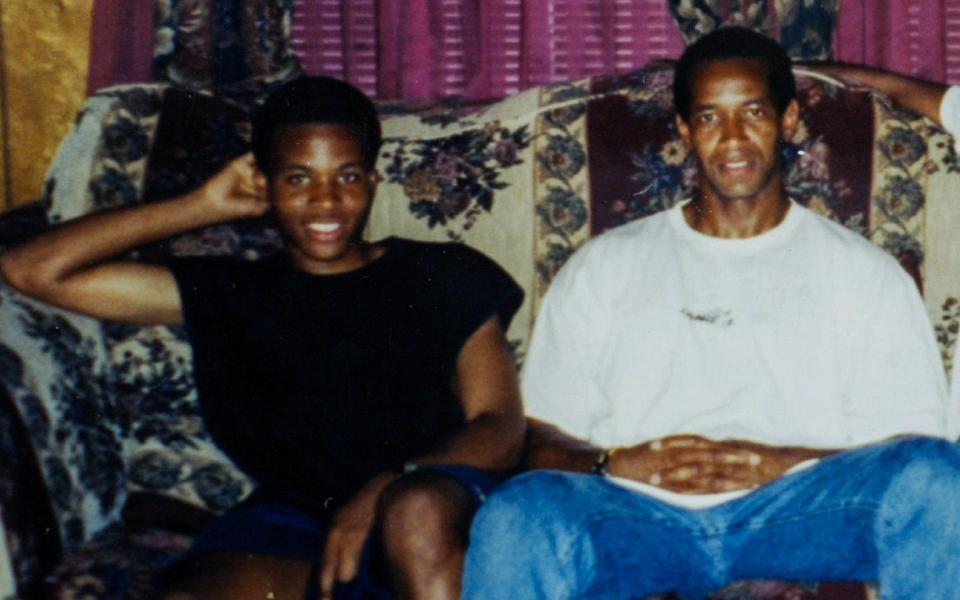I, Sniper: The Washington Killers, review: is it right to let a serial murderer tell their story?

It is accepted practice these days for programmes about serial killers to focus on the victims and not their murderers. As the title of I, Sniper: The Washington Killers (Channel 4) suggested, that was not the case here. The six-part series is built around the testimony of Lee Malvo, one of two men who embarked on a killing spree in the Washington, DC area in 2002, picking off random targets, killing 10.
The other man, John Muhammad, was executed. Malvo, then a juvenile, was given multiple life sentences without parole. In a series of phone calls to film-maker Mary-Jane Mitchell, he told his story. The programme played clips from those conversations, with no editorialising from Mitchell, along with appearances from the victims’ relatives, witnesses to the aftermath, and one man who survived his shooting.
Malvo talked us through the killings, which began earlier than the DC attacks; the pair had criss-crossed the US in the months prior to that, with the seven dead victims ranging from a man out on the golf course to a 21-year-old mother shot dead on her doorstep.
Malvo related this in a matter-of-fact style, the lack of emotion contrasting with the shattering recollections elsewhere. A paramedic said she would never forget seeing the young son of Hong Im Ballenger, shot dead outside her place of work, gazing from a car window at his mother’s body. As the little boy’s aunt said: “That day, his life was finished.”
Malvo had a troubled childhood, craving love and stability. He was exploited by Muhammad, an Army veteran out for vengeance after losing his kids in a custody battle. Malvo fell under his spell and was soon murdering strangers on his orders.

But as Malvo astutely pointed out: “What inside me made that possible? There had to be something inside me that he drew out.” It’s ultimately unanswerable, and another question is: what is there to be gained from making a six-part documentary series about it? Really, it’s a bid to grab a slice of the true-crime market created by Netflix.
We never hear from British-born Mitchell, or learn what she thinks of Malvo. Her moral voice rang clear only once, when she let her camera linger on the owner of a gun supplies store who showed off the “fun weapons system” he sold to Muhammad. Every US citizen has the God-given right to shoot a gun, he declared, “until they abuse it.” Therein lies the flaw.

